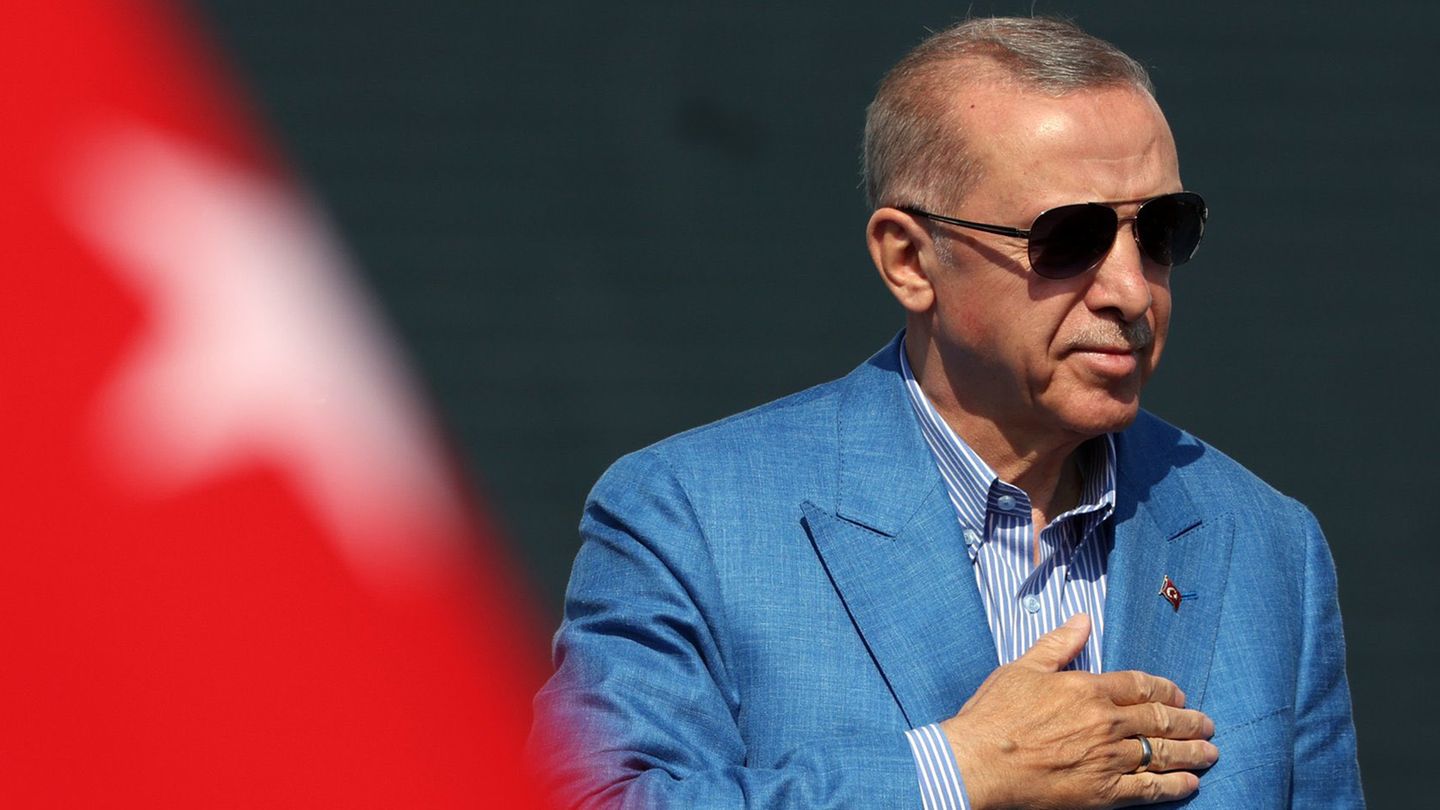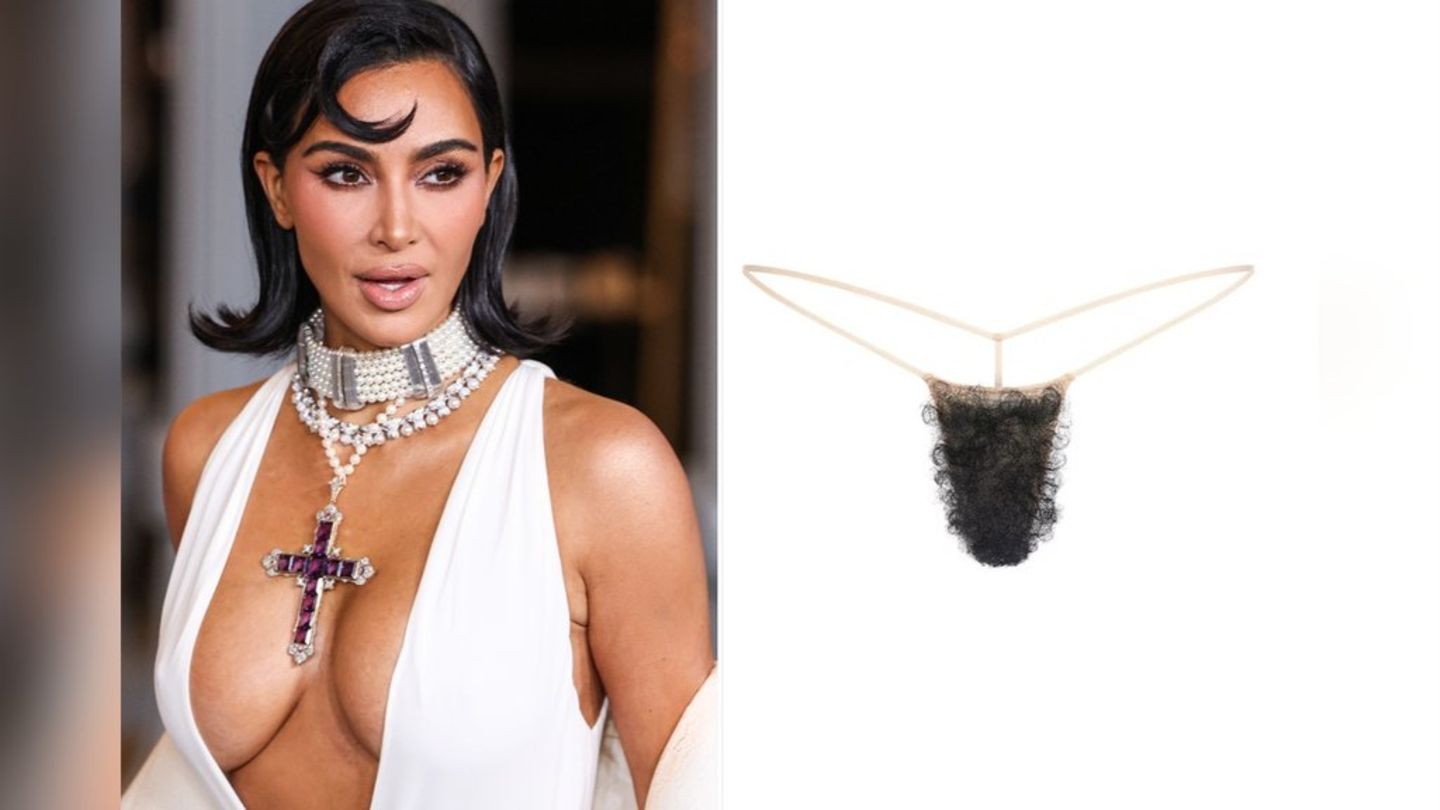President Erdogan’s term in office is a dark chapter for women’s rights in Turkey. Be it violence against women, the right to abortion or sexism in the ruling AKP party – there have been steps backwards in almost all areas. An overview.
Since Recep Tayyip Erdogan took office 20 years ago, Turkish women have had to fight to preserve their previously won rights under a conservative Muslim regime. Ahead of next Sunday’s presidential and parliamentary elections, here are some key examples of the struggle for women’s rights in officially secular Turkey:
violence against women
In 2021, Erdogan decides to withdraw Turkey from a European convention aimed at protecting women from violence. The decision raises concerns about rising numbers of murders of women in Turkey. According to the women’s rights group We will stop Femicide Platform, almost 400 women were murdered in Turkey last year. This year there are already 90. The public prosecutor wants to ban the platform for violations of “law and morals”.
“Under (Erdogan’s) government, the number of murders of women has increased every year,” says group member Fidan Ataselim. The ultra-conservatives in Erdogan’s coalition argue that the European convention damages family unity and promotes the rights of gay and other (LGBTQ) groups. Erdogan himself has repeatedly attacked the opposition during the election campaign for using them for the LGBTQ community. “We are against LGBT,” he said this week.
Withdrawing from the European convention means a change of course for Erdogan. The agreement was negotiated and signed in Istanbul in 2011. Turkey was the first country to ratify it the following year. “Those were the early years (of the ruling party) when it positioned itself as moderately conservative,” says Gökçe Gökçen, deputy leader of the world’s largest opposition party, the CHP.
health and sexual self-determination
When Erdogan equated abortion with murder in 2012, he sparked protests that forced his government to reverse a planned abortion ban. “They had to take a step back after the angry protests,” says Ataselim. But now the problem is that few doctors dare to perform an abortion, emphasizes Gökçen. This is especially true for public hospitals, which are subject to stricter government controls. In addition, given the economic crisis that has prevailed since 2021, it is more difficult for women from lower income brackets to access contraceptives and hygiene products, says Beril Hepgoncali of the women’s rights group Mor Dayanisma (Purple Solidarity).
misogynist slogans
Erdogan and high-ranking representatives of his ruling AKP have traditionally made openly sexist statements. In 2014, the President said equality between men and women was “against nature”. That same year, the deputy prime minister said women shouldn’t laugh out loud in public. “The government is increasingly trying to intervene in all areas of women’s lives, from clothing to lifestyle to laughter,” says Hepgoncali. “Our right to exist as equal citizens and free individuals is constantly being threatened,” says Berrin Sönmez from the feminist platform Esik. And Ataselim adds: “You represent a policy that puts the family in the foreground and not the women.”
headscarf
For conservative women, on the other hand, the situation has improved. In 2013, Erdogan’s government lifted the ban on wearing a headscarf in state institutions. He made it possible for millions of religious women to study and take up a profession. Erdogan presents himself as the protector of Muslims against the secular elites that largely dominated Turkish politics during the 20th century.
Today, none of the major parties wants to reintroduce the headscarf ban. The head of the social-democratic CHP, Kemal Kiliçdaroglu, has even suggested that the right to wear a headscarf be enshrined in law. “There have been significant advances in this area. Today, religious and secular women work together in feminist organizations,” says Sönmez.
Source: Stern
I have been working in the news industry for over 6 years, first as a reporter and now as an editor. I have covered politics extensively, and my work has appeared in major newspapers and online news outlets around the world. In addition to my writing, I also contribute regularly to 24 Hours World.




